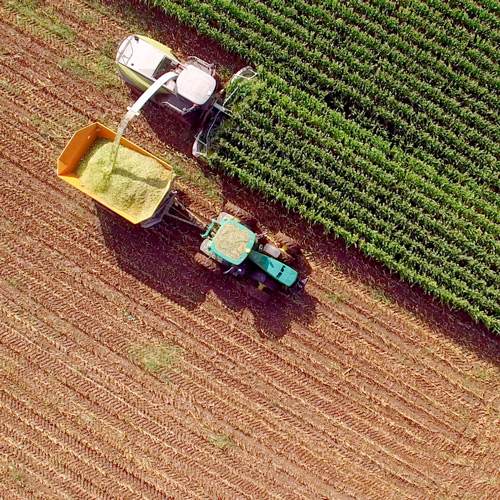The South Coast Doctoral Training Partnership is organised into 5 Thematic Cluster Pathways (TCPs).
These are:
- Citizenship, Governance & Security (CGS)
- Global Economies and Business Innovation (GEBI)
- Learning, Knowledge & Behaviour (LKB)
- Population Change, Health & Wellbeing (PCHW)
- Sustainability, Environment & Resilience (SER)
Students will apply for a topic of research attached to a subject area located within a TCP. The subjects areas are linked to the areas of expertise found across the three institutions and were all assessed as being a minimum of 50% of 3* and 4* submissions in REF 2014.
Each TCP will have a number of coordinators who are academic experts in the thematic area, experienced in interdisciplinary research, and drawn from across all three partner institutions.
Students within each TCP will meet monthly for skills-based training, seminars and workshops. Internationalisation is encouraged, through theme-based international visits and conference participation. Close engagement with Non-Academic Partners related to the TCP will further extend training outside of academia to produce well-rounded social scientists.
The table below gives an indicative view of where each accredited discipline aligns with each of our TCPs, however this is not restrictive and other combinations of discipline and TCP could occur.
| Thematic Cluster Pathway (TCP) | |||||
| Subject Area (accredited institutions) | CGS | GEBI | LKB | PCHW | SER |
| Area Studies (UoP) | • | • | • | ||
| Criminology (UoS) | • | • | • | • | |
| Demography (UoS) | • | • | • | ||
| Economic & Social History (UoS) | • | • | |||
| Economics (UoS) | • | • | • | • | |
| Education (UoS) (incl. Integrated PhD) | • | • | |||
| Gerontology (UoS) | • | • | • | • | |
| Human Geography (UoS) | • | • | • | • | |
| Linguistics (UoS) | • | ||||
| Management & Business Studies (UoB, UoS) | • | • | • | • | • |
| Politics & International Relations (UoS) | • | • | • | • | |
| Psychology (UoP, UoS) | • | • | • | • | |
| Science & Technology Studies (UoS) | • | • | • | • | • |
| Social Science Methods for Health Research (UoS) | • | • | |||
| Social Policy (UoB, UoS) | • | • | • | • | |
| Social Statistics (UoS) | • | ||||
| Sociology (UoS) | • | • | • | • | • |
| Sport, Leisure & Tourism (UoB) | • | • | • | • | • |
Citizenship, governance & Security
Central questions about today’s world revolve around power, cooperation, security, inequality and democracy. The field of citizenship is changing in response to global forces and this brings new governance demands and challenges to security. Migration and mobilities, human rights, security threats and crime, terrorism, environmental justice, a looming crisis in energy provision, and changing understandings…
See more
Global Economies & Business Innovation
Understanding the global economy, at a local, national and international scale, is more important now than ever before due to the unprecedented pressures that have been placed on it. Studying innovation within businesses, in all its forms, will provide evidence that can be used to strengthen financial and social stability. The GEBI TCP will bring…
See more
Learning, Knowledge & Behaviour
Understanding how we obtain and process information and why we behave in the way we do is central to social sciences. The LKB TCP will bring together a wide range of subject areas and PhD research that looks at these issues from a variety of backgrounds, including Education and Psychology. The theme will focus on…
See more
Population Change, Health & Wellbeing
The PCHW TCP will focus on research around the drivers of population change and the implications for economic welfare and social support across the lifecourse, on understanding population health, on improving the organisation and delivery of health services, and on enriching the health outcomes and wellbeing of individuals irrespective of where they live.
See more
Sustainability, Environment & Resilience
One of the most significant challenges facing humanity is the extent to which the global demand for energy, food and water is placing pressure on the climate and other environmental resources, which in turn poses significant threats to human health, security and prosperity. To fully appreciate the challenges that we face and potential solutions, we…
See more